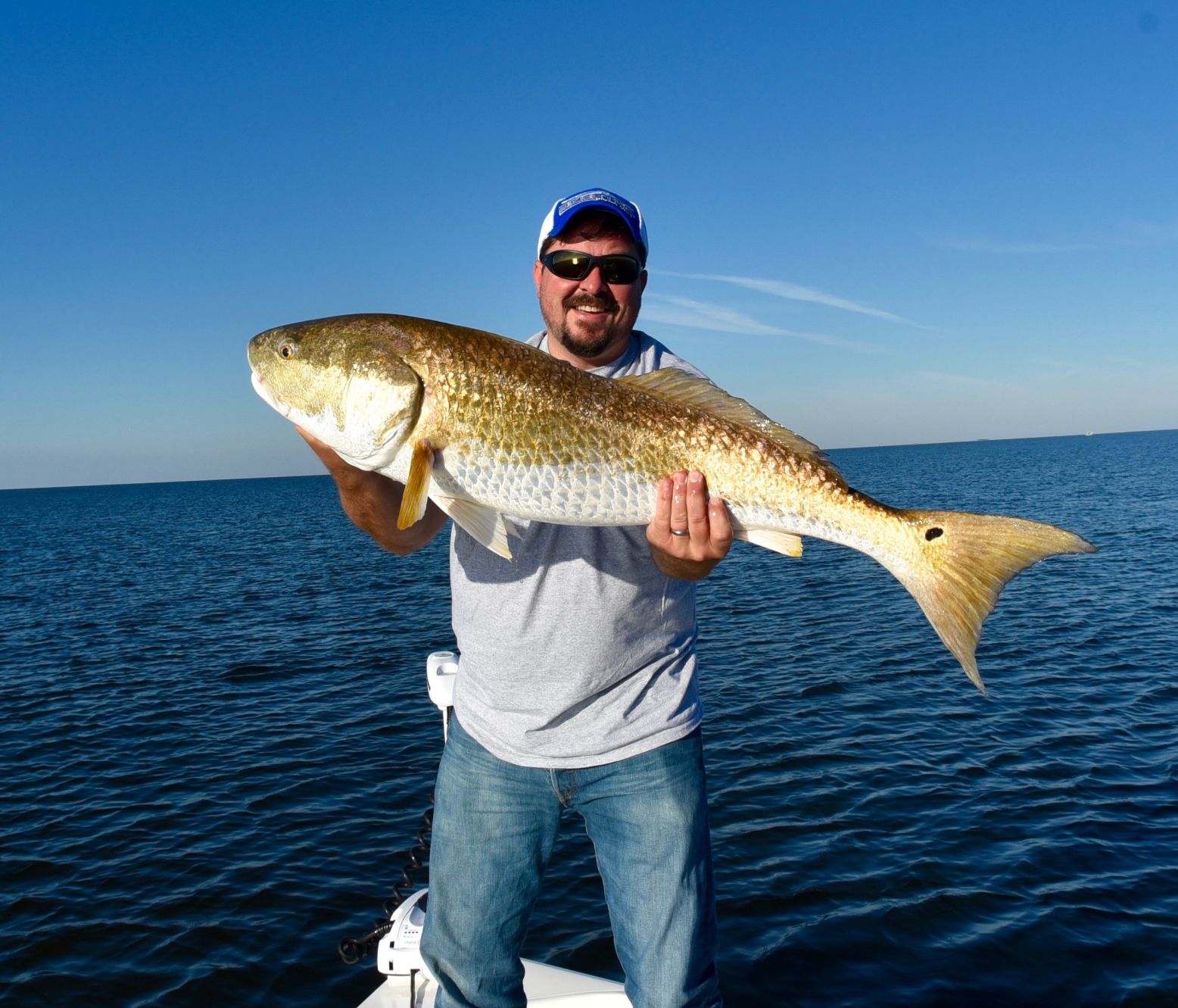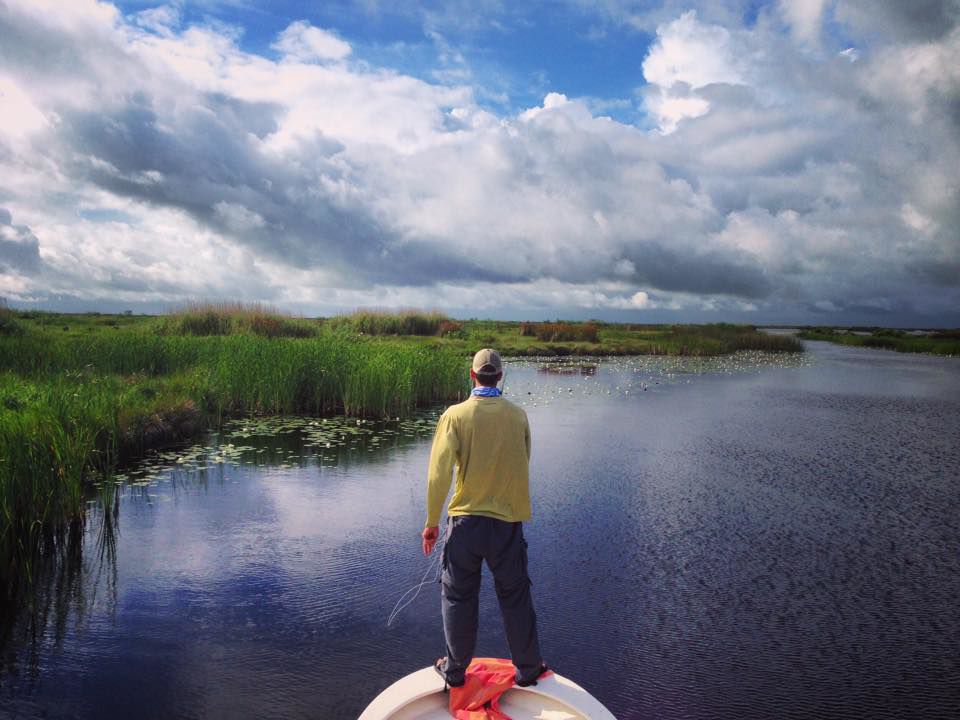
Linda Schouest
April 11, 2018
Fishing conditions about to ripen to full bloom
April 11, 2018The future of recreational fishing as we know it in the state of Louisiana may soon be drastically altered – maybe even by the time you’re reading a copy of this newspaper.
The much-debated House Bill 391 was heard yesterday by The House Civil Law & Procedure Committee in Baton Rouge – a bill sponsored by Rep. Kevin Pearson.
The bill (which has been supported by The Times in a recent Our View) has been endorsed by B.A.S.S., the world’s largest fishing organization. It seeks to guarantee public access to many tidally influenced waters which have fallen under the property of landowners in recent years and have become unnavigable. Some anglers have even reported threats of violence from landowners while fishing waters that they didn’t know to be private. Others have been told by law enforcement to leave the area.
Because of the circumstances in recent years, many organizations, including the Louisiana Sportsmen’s Coalition, have spoken vocally about the future of recreational fishing in the state. The Coalition sent out a release last week saying that they believe fishing in coastal Louisiana is in jeopardy for the future if the bill does not pass because the current laws in Louisiana give property owners the power to prohibit access to tidally-influenced water which sits above private water bottoms.
Because of those laws, most of Louisiana’s coastal wetlands are actually privately owned – whether being actively enforced or not. Many boat launches built by parish governments around the state launch into waters which were thought to be public, but are actually private.
“It’s absolutely ridiculous – the greed and the selfishness of these people,” said Lockport man Wes Harrelson, when he was told of the bill and also that the public Leeville launch that he uses is in private water. “Something has to be done. There are people who are getting tickets. Others are getting run off of waters. Some are getting threatened. It’s gotten really bad and it’s gotten really scary. This is Louisiana. We have lived off the land for years. No one is trying to do harm. We are just trying to protect our culture – for all people.”
Since the issue has become more publicized in the past year, law enforcement has increased its awareness in the issue, as well, issuing citations to boaters fishing on private waters – often not aware that what they are doing is considered illegal with the way the current laws are written.
The state has also lost in economic revenue, as B.A.S.S. announced that it will no longer hold tournaments in coastal Louisiana until the current laws are changed.
According to a statistic provided by the Louisiana Sportsmen’s Coalition, every tournament that is not held results in a $2 million blow to our local economy that’s already down because of the struggles of oil.
The Coalition cites that tournaments bring business to hotels, marinas, restaurants, gas stations and even boat dealerships in the area.
In total, recreational fishing is an economic engine, accounting for more than $1 billion in revenue each year and more than 10,000 jobs – an industry that those closest to it say has come under attack with the way that current laws are written.
House Bill 391 aims to fix that – now and into the future.
The bill would give public access back to the people, while also removing the strain on law enforcement which has been spread thin trying to enforce the current rules.
Pearson said he wrote the bill after hearing complaints from anglers, while also wanting to support such a fruitful Louisiana economic engine.
Several local lawmakers in the Houma-Thibodaux area have hinted that they’d be inclined to support the bill after hearing discussion from both sides. Folks in the fishing industry have said they’re willing to support an amended bill, as well, if it helps push it through to law.
On Tuesday, the House Civil Law and Procedure Committee heard the bill. That committee has 11 members. One is local, Rep. Tanner Magee.
For a recap on if the bill continued to move through government, continue to visit HoumaTimes.com.
Follow Casey on Twitter for more.
https://twitter.com/casey_gisclair









